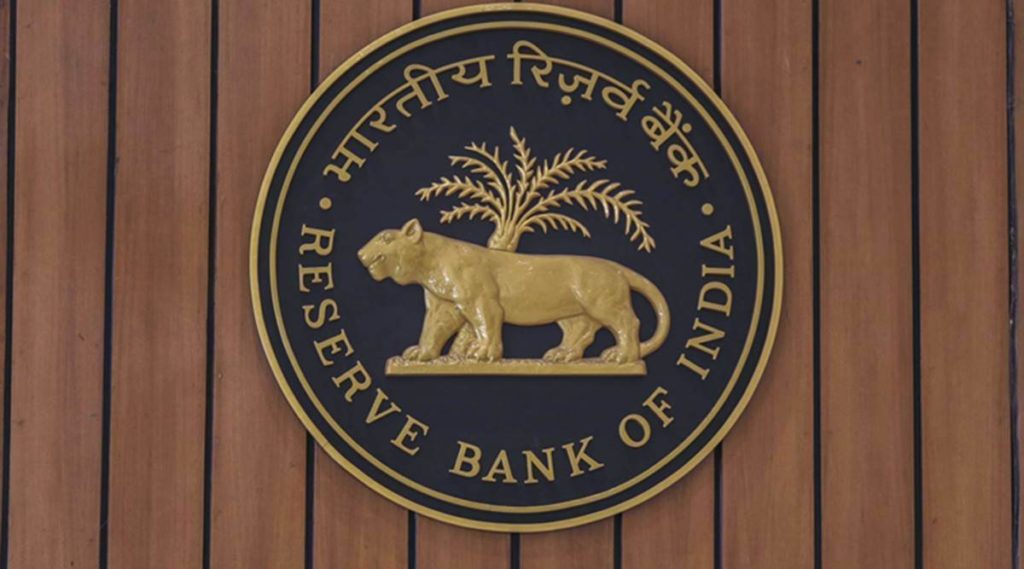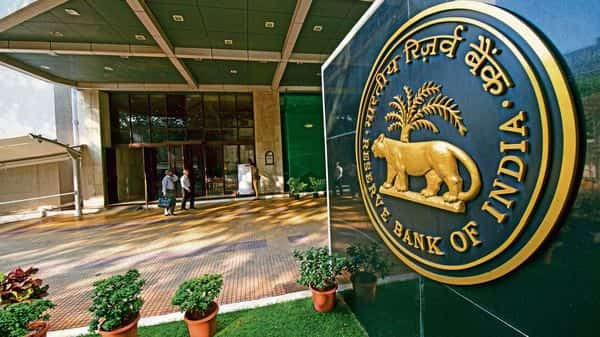RBI Extends Tokenization Demand For Credit And Debit Cards By 6 Months, Providing Relief To Online Shoppers.
According to new Reserve Bank of India guidelines, e-commerce companies like Amazon and Flipkart, as well as online delivery aggregators like Zomato, will not be able to save card information on their platforms starting July 1, 2022. (RBI). Beginning next year, customers conducting online transactions on any e-commerce platform will be required to enter their debit or credit card information each time. Customers can, however, avoid the hassle by giving platforms permission to tokenize their cards.
To improve security, the RBI issued guidelines in March 2020 that prohibited merchants from saving customers’ card details. The regulatory body updated its guidelines on card tokenization services in September of this year to improve safety and security. The Reserve Bank of India (RBI) on Thursday extended the deadline for card tokenization until June 30, 2022, in response to repeated requests from industry stakeholders. Tokenization is the process of replacing credit and debit card information with an alternate code known as a “token.”
Because the card details are not shared with the merchant during transaction processing, tokenized cards are considered safe for online transactions. “The deadline for storing card on file (CoF) data has been extended by six months, to June 30, 2022,” the central bank said in a notice to all payment system operators, adding that all such data will be purged after the extended deadline expires.
The RBI had previously set a deadline of December 31, 2021, as the end date. Reserve Bank of India (RBI) had previously been requested by the Indian Banks Association (IBA) to extend the deadline for tokenizing. The main reason for the request for a delay in the tokenization deadline was that many small and medium-sized businesses lack the infrastructure to transition to the new system, even though banks are more or less prepared.

Tokenisation is the process of replacing credit and debit card information with an alternate code known as a “token.” Each card, token requestor, and device has its own token. The entity that accepts a customer’s request for tokenization of a card and forwards it to the card network for issuance of a corresponding token is known as the token requestor.
The cardholder can have his or her card tokenized by submitting a request through the token requestor’s app. Token requestors send their requests to the card networks, which issue tokens with the approval of the card issuer that correspond to the particular card, token requestor, and device.
So, what does this imply for a loyal customer? The following are ten key points to remember:
- Customers will be unable to save their debit or credit card information on any e-commerce platform beginning July 1, 2022.
- Every time a customer conducts an online transaction, they will be required to re-enter their card details.
- Customers can give e-commerce companies permission to “tokenize” their cards in order to avoid the hassle. E-commerce platforms will ask the card network to encrypt details with additional factor authentication if necessary after receiving a customer’s consent.
- Customers can save their cards for future transactions once the e-commerce platform receives the encrypted details.
- Most major e-commerce platforms can only tokenize Mastercard and Visa-issued cards for the time being. Other financial services cards are expected to be tokenized in the near future.
- For both credit and debit cards, the new RBI guidelines must be followed.
- International transactions are exempt from the new guidelines. The new RBI guidelines are only applicable to domestic cards and transactions.
- Customers will not be charged an additional fee for card tokenization.
- On e-commerce platforms, tokenized cards will be identified by the last four digits as well as the issuing bank and network name.
- Finally, card tokenization is not required. Customers can choose to tokenize their cards for faster transactions or enter their card information manually.
